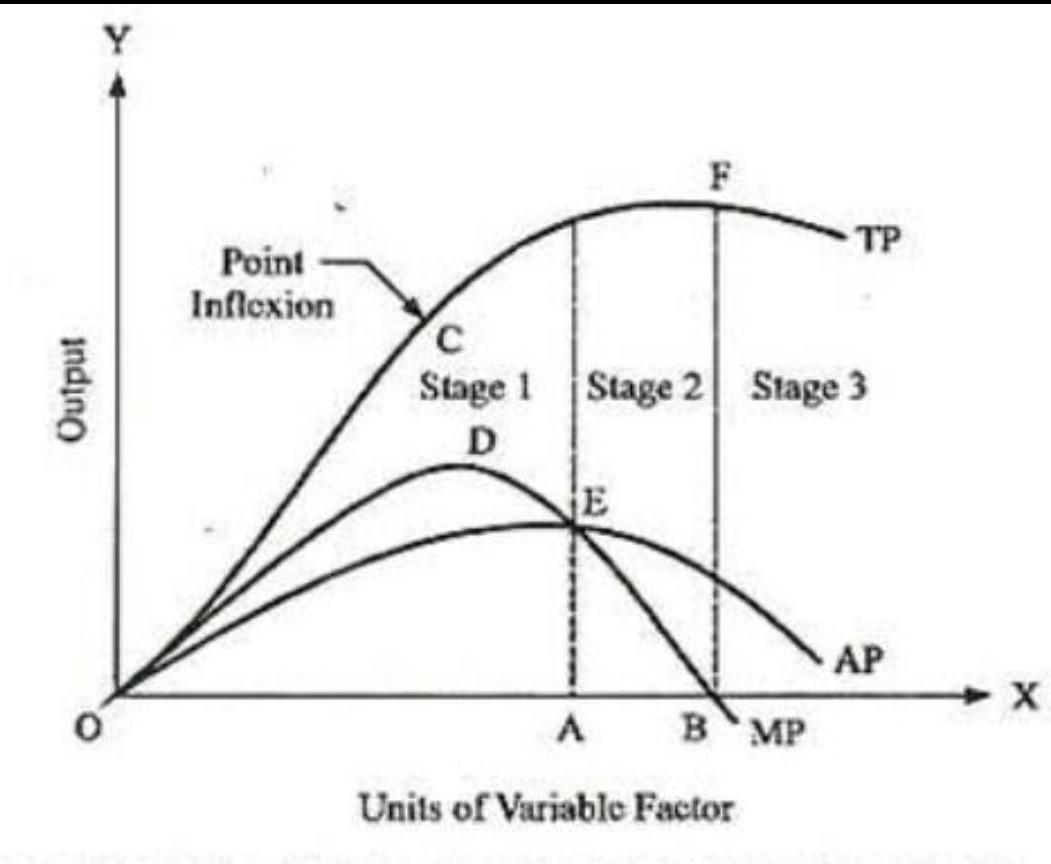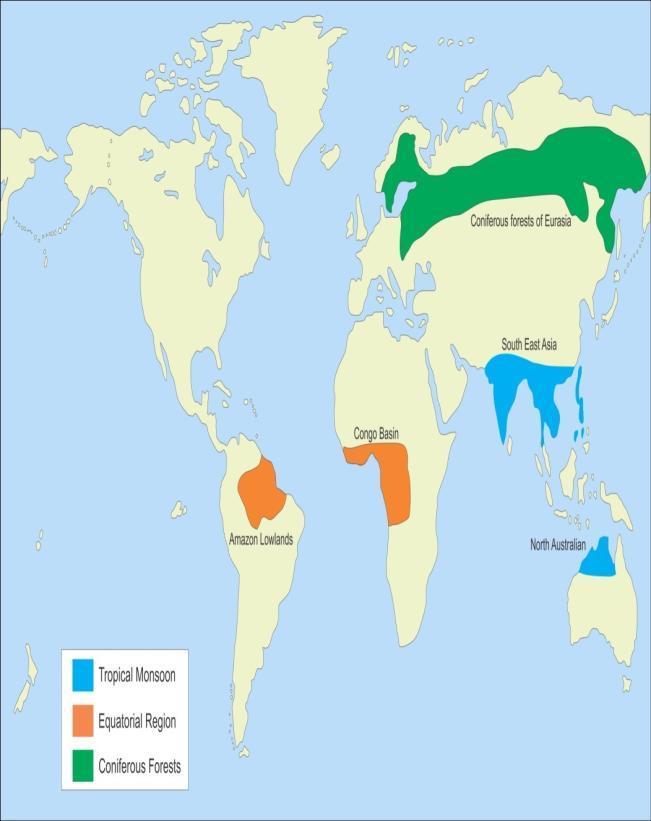what are the three phases of production in short run production function explain with diagram
-
Subject:
Economy -
Author:
dayanacurry -
Created:
1 year ago
Answers 1
here is your answer
StageOneStage one is the period of most growth in a company's production. In this period, each additional variable input will produce more products. This signifies an increasing marginal return; the investment on the variable input outweighs the cost of producing an additional product at an increasing rate. As an example, if one employee produces five cans by himself, two employees may produce 15 cans between the two of them. All three curves are increasing and positive in this stage.
StageTwoStage two is the period where marginal returns start to decrease. Each additional variable input will still produce additional units but at a decreasing rate. This is because of the law of diminishing returns: Output steadily decreases on each additional unit of variable input, holding all other inputs fixed. For example, if a previous employee added nine more cans to production, the next employee may only add eight more cans to production. The total product curve is still rising in this stage, while the average and marginal curves both start to drop.
StageThreeIn stage three, marginal returns start to turn negative. Adding more variable inputs becomes counterproductive; an additional source of labor will lessen overall production. For example, hiring an additional employee to produce cans will actually result in fewer cans produced overall. This may be due to factors such as labor capacity and efficiency limitations. In this stage, the total product curve starts to trend down, the average product curve continues its descent and the marginal curve becomes negative.

-
Author:
maverickniis
-
Rate an answer:
10


